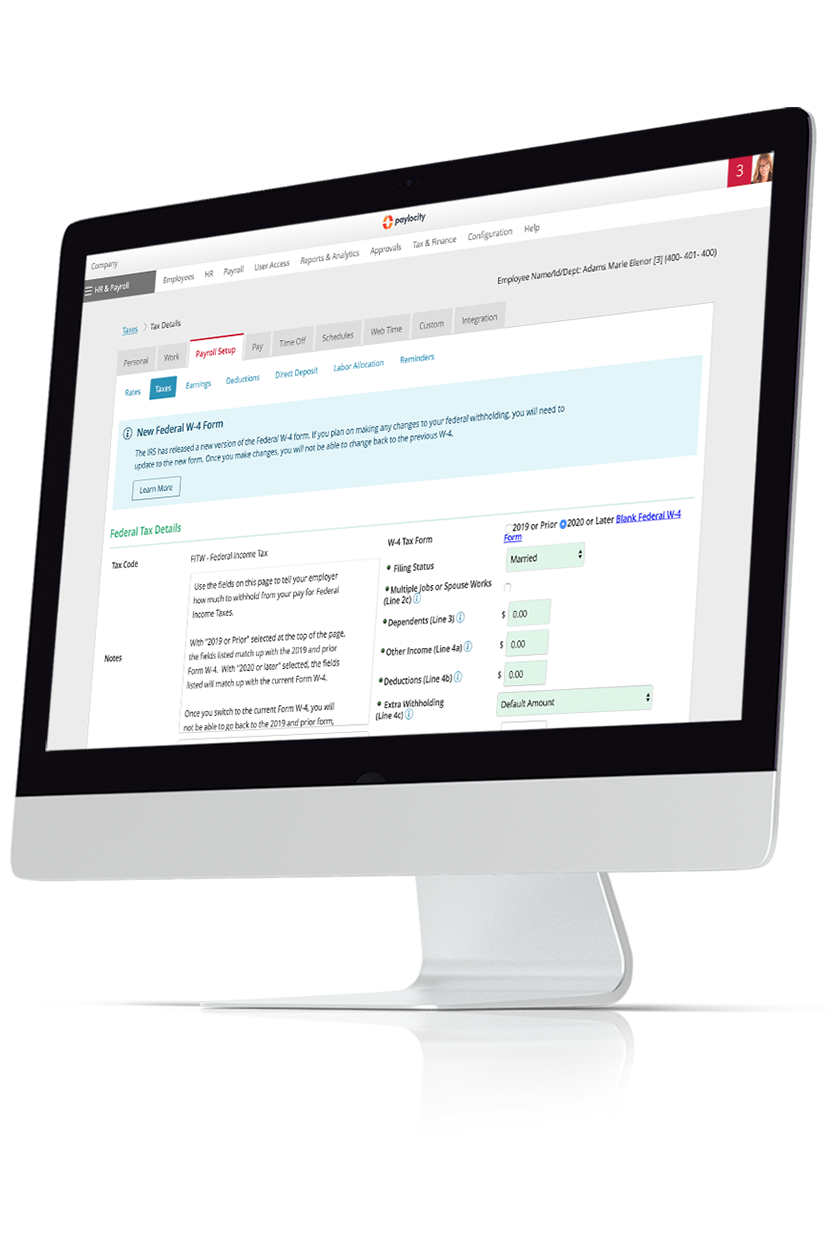Taxpayer Identification Number (TIN)
Summary Definition: A numeric identifier the IRS uses to track tax obligations and administer tax laws for individuals, organizations, and other legal entities.
What is a TIN?
A taxpayer identification number (TIN) is a unique, eight- or nine-digit number used to identify individuals and entities for domestic and international tax purposes. U.S. taxpayers who engage in financial activities subject to tax reporting must have a federal taxpayer identification number to submit reports or file tax returns.
Several types of numerical identifiers, such as a social security number (SSN), can serve as a tax ID number, but they’re all issued by the Social Security Administration (SSA) or Internal Revenue Service (IRS).
Key Takeaways
- A taxpayer identification number (TIN) is a unique identifier the IRS uses to track an individual or organization’s tax and financial activities.
- TINs are often required when filing tax returns, submitting tax reports, or remitting tax payments to the IRS.
- Aside from SSNs, other kinds of TINs include employer identification numbers (EINs), individual taxpayer identification numbers (ITINs), adoption taxpayer identification numbers (ATINs), and preparer tax identification numbers (PTINs).
Do I Need a TIN?
Most individuals and organizations need a tax identification number to track their financial activities and comply with federal and state tax laws.
The number must, for example, appear on completed tax forms and reports submitted to the IRS, such as Form 941 or a W-4 form. They’re also necessary for credit applications, employment verifications, and employer payroll.
Some employers and plans, however, are exempt from ERISA guidelines. For example, churches, governmental plans, and certain international plans don’t have to provide a plan summary description.
Taxpayer Identification Number Types
An SSN is the most common tax ID number for U.S. citizens, but it isn't the online one. Other types include:
- Adoption Taxpayer Identification Number (ATIN): A temporary identifier for children in the adoption process when they can’t obtain an SSN in time for tax filing. Allows adoptive parents to claim tax benefits, such as the adoption tax credit and dependency exemptions.
- Preparer Tax Identification Number (PTIN): Identifies paid tax preparers who complete federal tax returns for others. Must be included on all federal returns prepared for compensation.
TIN vs. EIN
An employer identification number (EIN) is a type of TIN for businesses, organizations, non-profits, etc. Sometimes referred to as a federal employer identification number (FEIN), this type of TIN is used not only for taxes but also allows organizations to obtain business licenses and permits, apply for loans, and purchase business insurance.
What is ITIN?
An Individual Taxpayer Identification Number (ITIN) is a unique identifier issued by the IRS to individuals who must file or report income to the U.S. government but are ineligible for an SSN.
Unlike other identifiers, this individual tax ID number is solely intended for tax reporting. In other words, individuals can’t use an ITIN for purposes outside federal or state tax systems. It doesn’t, for example, alter an individual’s immigration status, authorize them to work legally in the U.S., or entitle them to other government benefits, such as social security.
How to Obtain a Taxpayer Identification Number
The process and paperwork for obtaining a federal tax ID number varies based on the identifier type.
| Identifier | Application | Eligibility | TIN Format |
| SSN | Form SS-5 | U.S. citizens, permanent residents, and certain temporary residents | XXX-XX-XXXX |
| ATIN | Form W-7 A | Adoptive parents unable to obtain an SSN for a child who’s a U.S. citizen or resident | XXX-XX-XXXX |
| PTIN | Form W-12 | Any individual who prepares or assists in preparing tax returns for compensation | PXXXXXXX |
| EIN | Form SS-4 | Businesses, estates, trusts, non-profits, and other entities that are required to report income | XX-XXXXXXX |
| ITIN | Form W-7 | Resident and nonresident aliens who file federal tax returns, and their dependents or spouses who can be claimed for an allowable tax benefit or can file their own returns | 9XX-XX-XXXX* |
*ITINs always begin with the number 9 and use specific ranges of numbers (50–65, 70–88, 90–92, and 94–99) for the fourth and fifth digits.
Response times also vary by identifier type and whether the applicant submits their forms online or via mail. Those seeking an SSN, for instance, must submit an online application and visit their local Social Security office or card center within 45 calendar days.
Conversely, the IRS can take up to seven weeks to process an ITIN application regardless of whether the applicant mailed or submitted their ITIN form in person. If, however, they submit their application during tax season (January 15 – April 30) or overseas, it can take nine to 11 weeks for the individual to receive an ITIN letter with their new ID.
Expired TINs
Some federal tax ID numbers can expire after a certain period or lack of use. ATINs, for example, expire after two years as they're a temporary form of identification that adoptive parents must replace after obtaining an SSN for their new child.
Furthermore, ITINs can expire if not used on a federal tax return for three consecutive years. Expired ITINs are then recycled and reassigned. Individuals can, however, apply to renew their ITIN authorization by re-submitting Form W-7 and receiving a new federal tax identification number.

Get Taxes Done Right, Without the Stress
We know there's a lot that goes into preparing and filing payroll tax forms. Save time and get support from our expert team. As a Registered Reporting Agent with the IRS, we can help prepare and file all the necessary forms you need to remain compliant - even in the face of changing legislation. Learn more here.